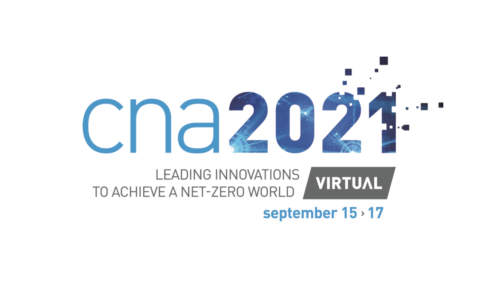
SMRs could help decarbonize the mining sector
There is little doubt that most energy-intensive industries around the world are actively trying to pivot their ongoing practices to better align with respective countries’ net-zero targets.
The mining industry, for example, currently contributes to an estimated four to seven per cent of greenhouse gas emissions globally. And while many within the mining industry have begun to seek out innovative solutions that could help transition their operations to be more environmentally sustainable, there are other factors that can have a significant impact.
An obvious choice for many would be for resource extraction sites to transition away from fossil fuel generation toward low-carbon energy sources. This is not an easy endeavor, given the fact that many of these sites are in remote, off-grid locations.
The global climate crisis is creating several issues for remote mining operations, including the formation of water stress areas, unanticipated flooding, extreme heat, and other dangerous scenarios.
Advanced nuclear technologies, such as Small Modular Reactors (SMRs), are well-positioned to step in and help industrial sectors decarbonize. While much of the global focus on SMRs has been on their ability to supply clean electricity into the grid, there is an equally important role for some of the smaller SMR designs to provide a locally embedded clean energy option for foundation industries and off-grid resource extraction operations.
For example, some advanced SMRs could help improve the competitiveness of mining operations in remote areas by accelerating their transition away from diesel.
The Mining Association of Canada (MAC) released a climate change protocol entitled ‘Towards Sustainable Mining’ (TSM), which hopes to minimize the sector’s carbon footprint and encourage the industry to adapt to climate change mitigation protocols within its practices. MAC hopes for TSM to help the mining sector identify climate impacts, consider risks, and implement adaptation measures.
SMRs present a viable option for the mining sector to not only adhere to these protocols, but significantly exceed them. While the mining industry continues to navigate the impact climate change is having on their industry and their own impacts on the environment, there are distinct parallels between the promise of SMRs and the energy transformation agenda.
The resource extraction industry in Canada and foundation industries in the United Kingdom, both have an opportunity to be a leader on the global stage, by utilizing these innovative technologies to adapt current practices and deploy them internationally.
The time is now for the nuclear industry and mining operators to collaborate on opportunities to meet net-zero goals both for Canada and globally.
By Steve Threlfall, General Manager, U-Battery


